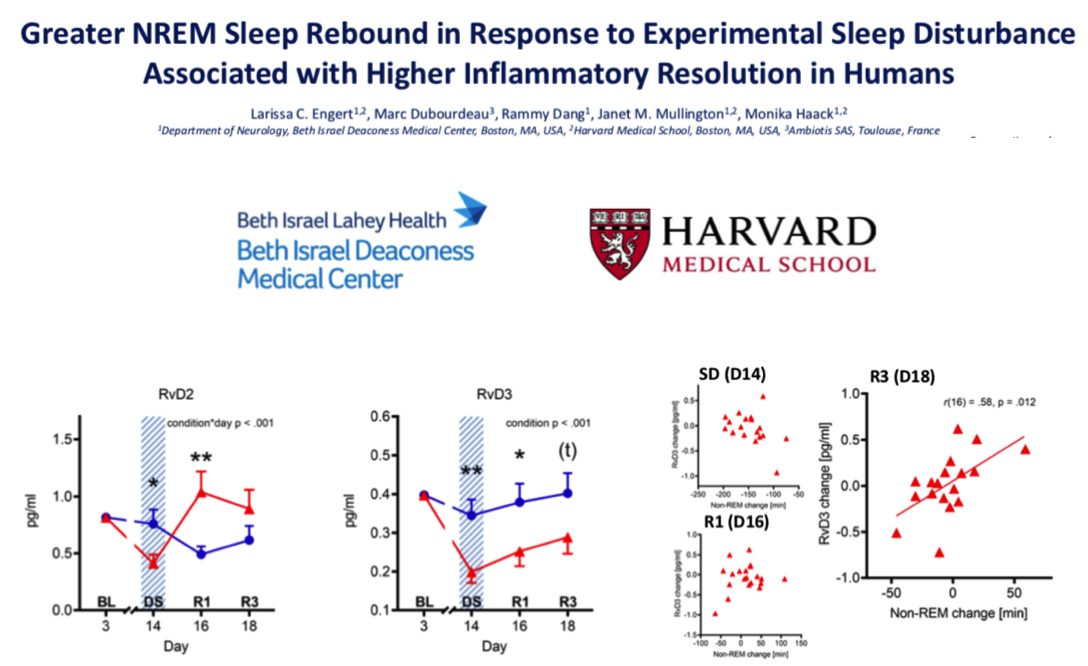Plant extract with anti-inflammatory AND pro-resolving properties
In search of the Grail for chronic inflammation therapeutic strategy : A promising drug candidate that combines 5-lipoxygenase inhibition with the favorable reprogramming of lipid mediator profiles.
Switching from pro-inflammatory to pro-resolving lipid mediator biosynthesis is considered as efficient strategy to relieve chronic inflammation, but very few molecules showing such properties have ever been found.
In this recent publication, Van Han et al. identified a molecule from vietnamese medical plant extracts (Dracaena cambodiana), which limit inflammation by targeting 5-lipoxygenase and switching the lipid mediator profile from leukotrienes to specialized pro-resolving mediators (SPM).
A remarkable work, from screening of a medical plant library to biological assessment and suggestion of mechanisms of action. They showed that leukotriene production is efficiently suppressed in activated human neutrophils, macrophages, and blood, while the induction of SPM biosynthesis is restricted to M2 macrophages. The shift from leukotrienes to SPM was also evident in mouse peritonitis in vivo.
More information about this article entitled "From Vietnamese plants to a biflavonoid that relieves inflammation by triggering the lipid mediator class switch to resolution" : click here




